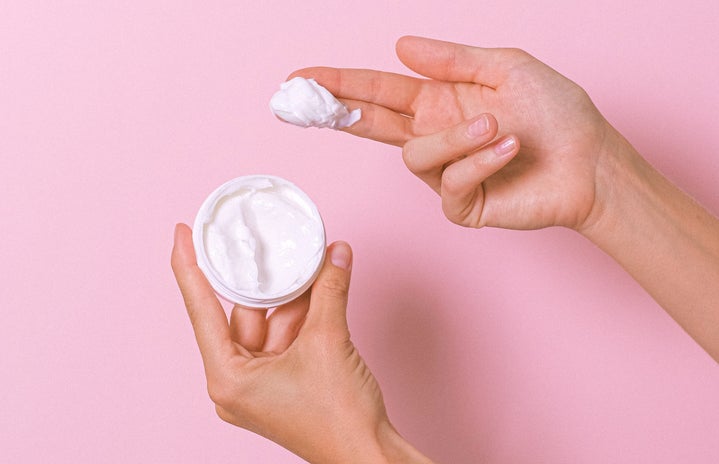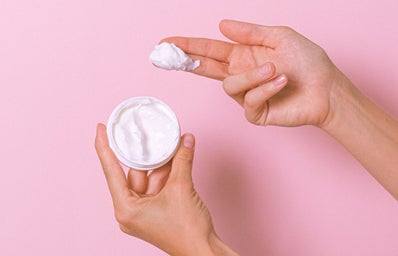Personally, I often get confused and overwhelmed when shopping for new skincare products or altering my beauty routine in any way. That’s because nowadays, more and more people are interested in skincare; with that comes an influx of new skincare products. It can be very difficult to find certain products worth your money among what seem to be a sea of products marketed to be “perfect for you.”
The skincare industry tends to use a lot of buzzwords and tell us what we want to hear — which on their part is good marketing, but leaves consumers like you and me questioning exactly which products to buy for our specific skincare needs.
Skincare, as its own intensive regimen, has just recently become popular in the United States, but it has a well–loved community in many East Asian countries, especially South Korea. Korean skincare has taken over the global skincare market in recent years, probably because it’s known for its clean ingredients and efficacy. There are several types of Korean skincare products at all different price points, but many have similar key ingredients with just different degrees of fermentation. (Fun fact: pricier skincare products are usually formulated with the same ingredients as their less expensive counterparts, but they’re more fermented. Fermented ingredients are more effective at penetrating through the skin barrier, which results in higher prices.)
In order to navigate your way through this bombarded marketplace, it’s useful to know the properties and benefits of certain popular skincare ingredients. If you know what a certain ingredient does, you can avoid false advertising and better search for products that are well–suited for your specific skincare concerns.
Here are some key ingredients to look out for if you struggle with any of the following: inflammation, irritation, dullness, and dry skin.
Cica
Cica is a shortened nickname for the ingredient: Centella Asiatica. Centella Asiatica, also known as Tiger Grass, comes from a plant that some Asian stories say tigers used to rub on their skin to soothe their wounds — which is where the name originates. Cica is widely used to soothe irritated skin and help regenerate and heal skin wounds, including acne.
Many acne products are formulated with cica because of its anti–inflammatory properties. Dr. Jart has a whole line of products formulated with the cica, called the Cicapair line. This collection includes a wide range of skincare products, from cleansers to SPF.
Aloe
Another ingredient great for reducing redness and soothing the skin is aloe. Just as you would apply aloe to your skin after it’s been sunburned, you can use aloe products in your normal skincare routine if you have a sensitive, rosacea–prone complexion. Aloe is high in vitamin A, C, and E, which gives it its restorative properties and helps it soothe redness and calm irritation. Any form of aloe, whether it’s in a lotion or straight from the plant itself, is a great natural skincare ingredient for any skin type.
Propolis
Lastly, propolis is also an amazing skincare ingredient with many nourishing properties for the skin. Propolis is a resinous substance made by bees that’s very beneficial for healing wounds, especially on the skin. It’s high in antioxidants and helps to soothe redness and inflammation as well.
This ingredient is also very well–suited for those with a drier complexion, as it has hydrating properties and can be formulated to a thick consistency — unlike other skin ingredients like aloe, which usually comes in the form of a gel. This makes propolis better suited for those with oily or combination skin.
Propolis is also an ingredient commonly used in preventative skincare products. It has anti–aging properties and can help to protect the skin barrier in general. Beyond just skincare, many people, especially in South Korea, take propolis supplements to boost their immunity and soothe sore throats.
This is only a small breakdown of three skincare ingredients specifically for inflamed, irritated, acne–prone skin. There are so many different ingredients flooding the skincare market, all with very similar yet slightly different properties better–suited for certain skin concerns. In short, before buying into the pretty packaging or effective advertising of the skincare industry — which we all slip into at times — take a minute to really research specific ingredients to see what product might be best for you.


